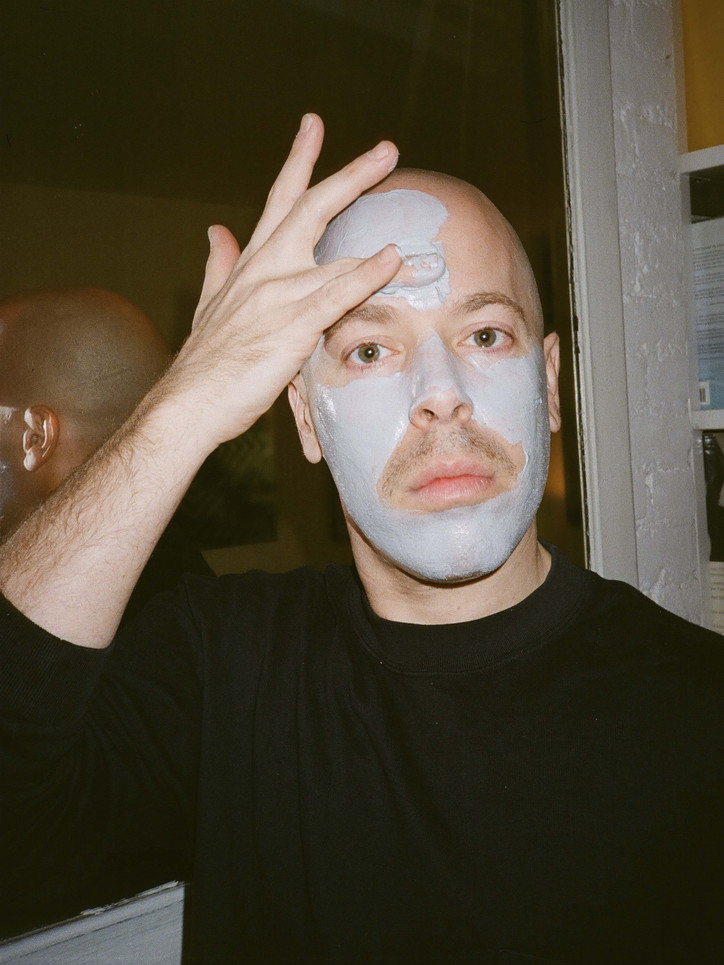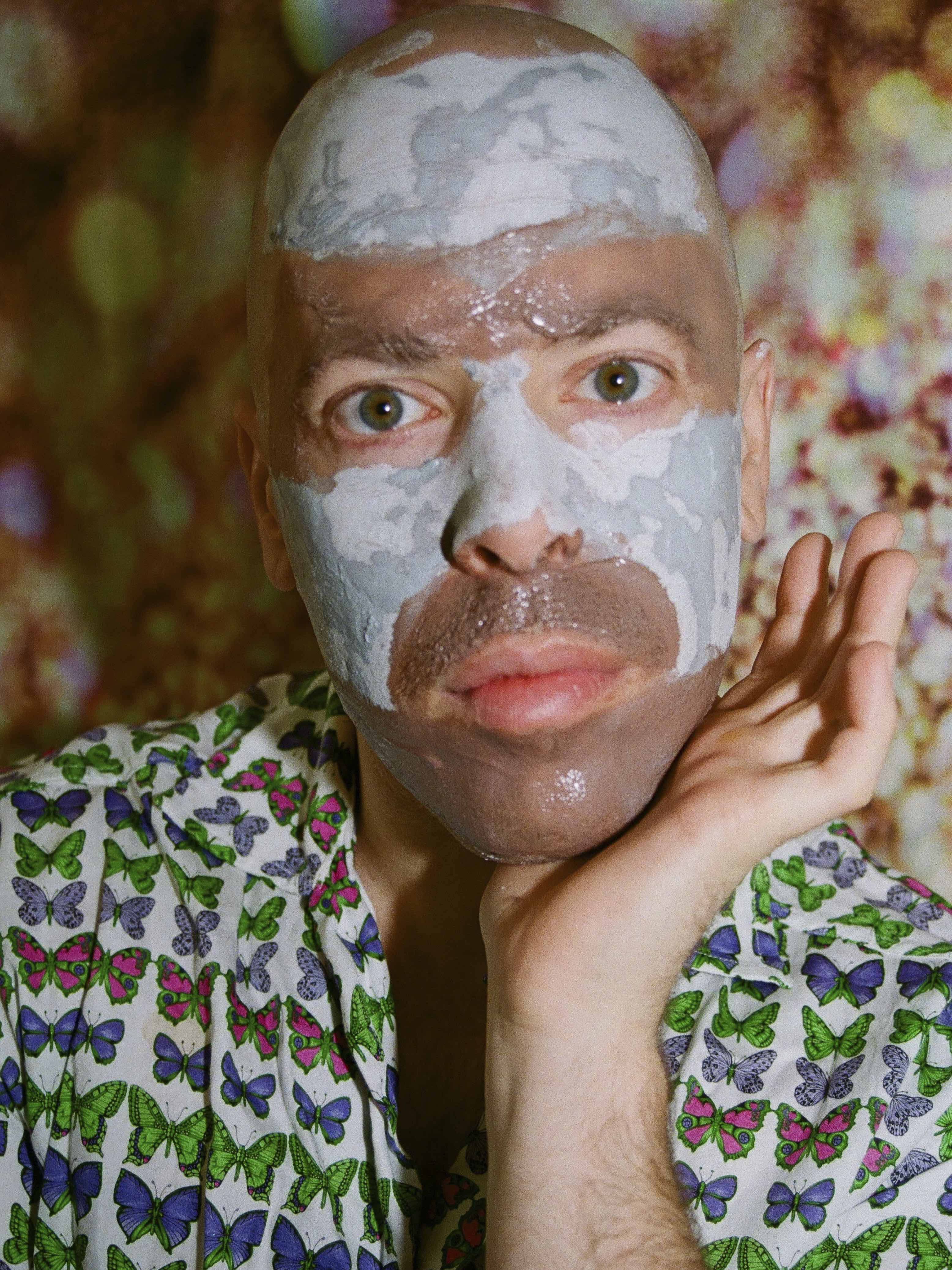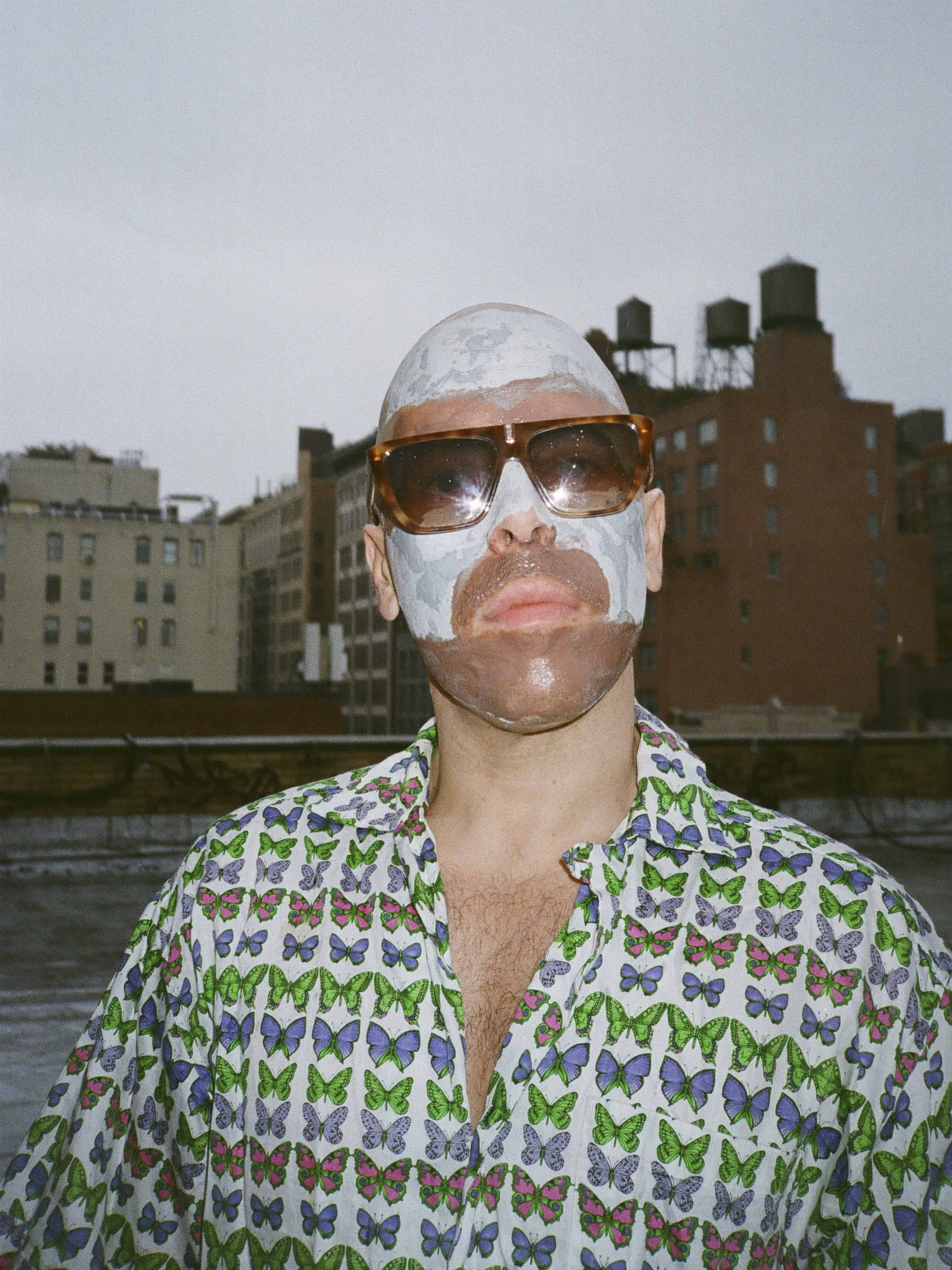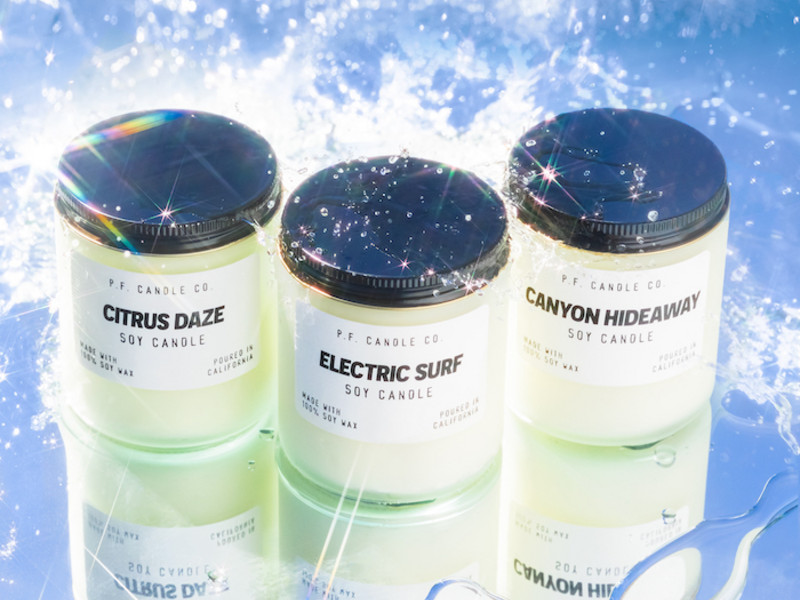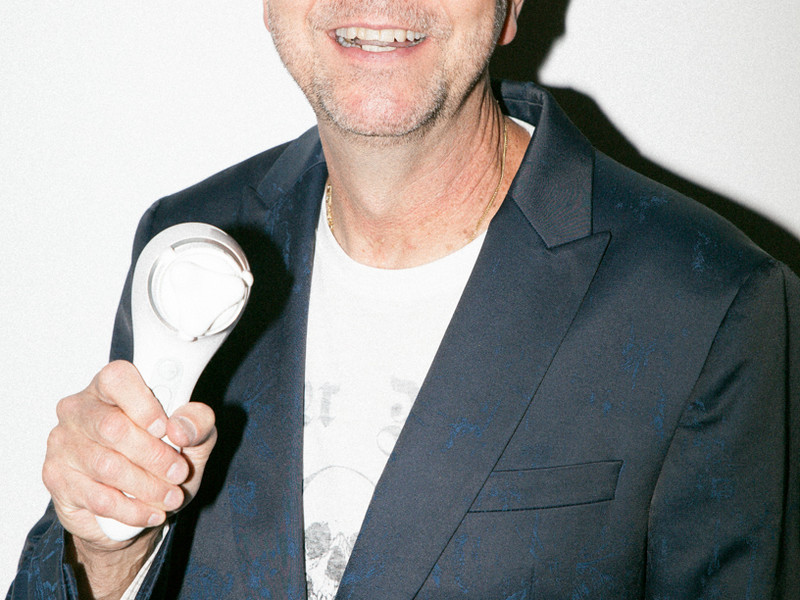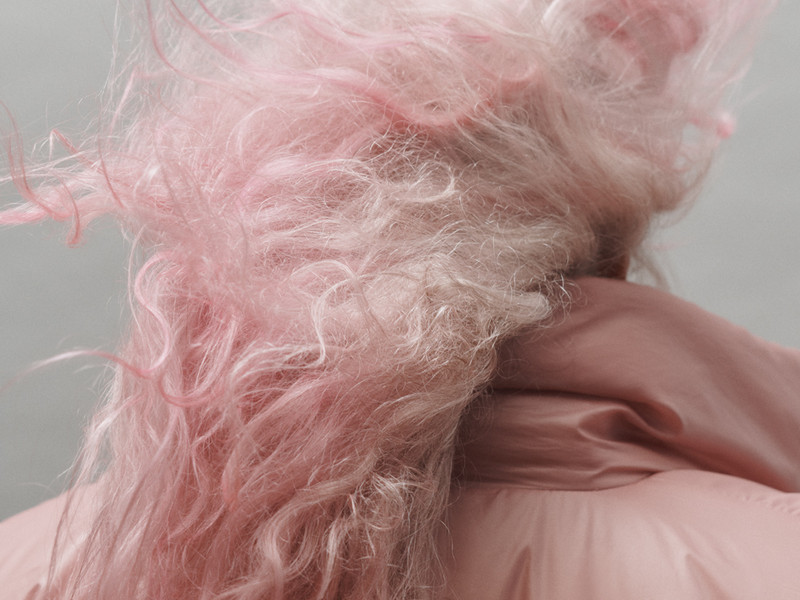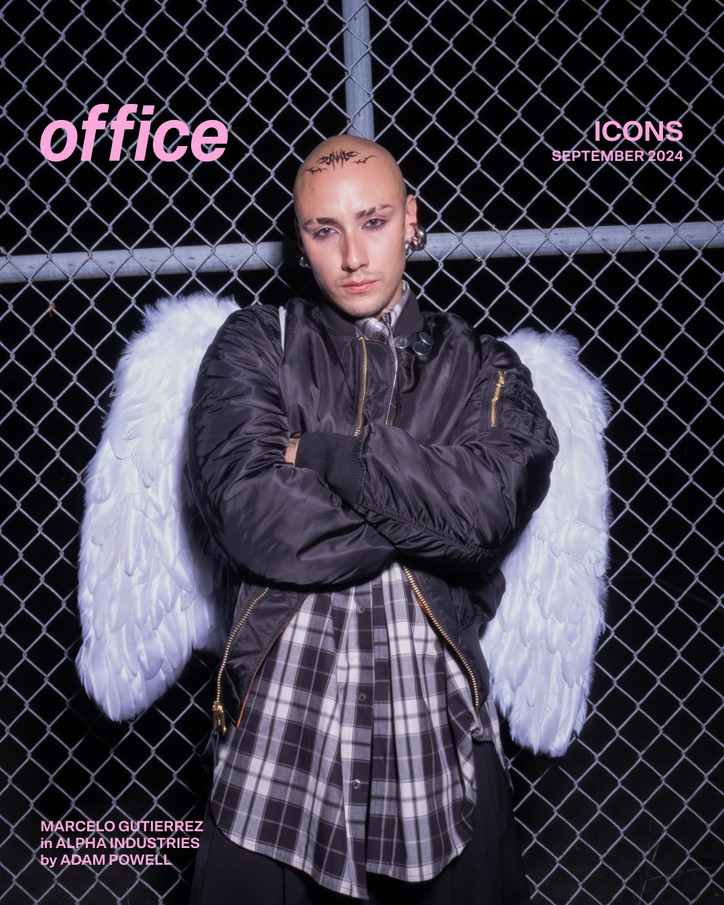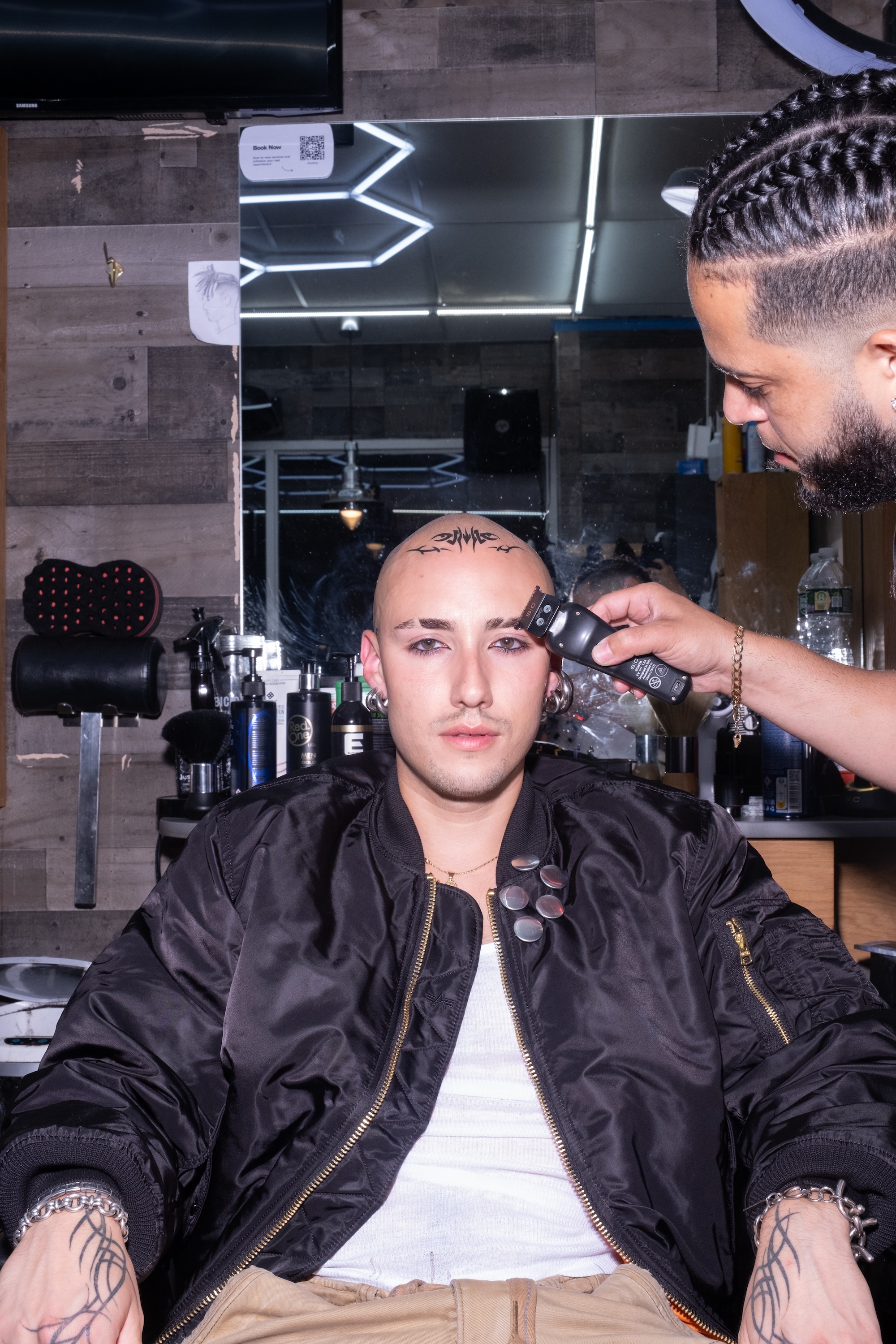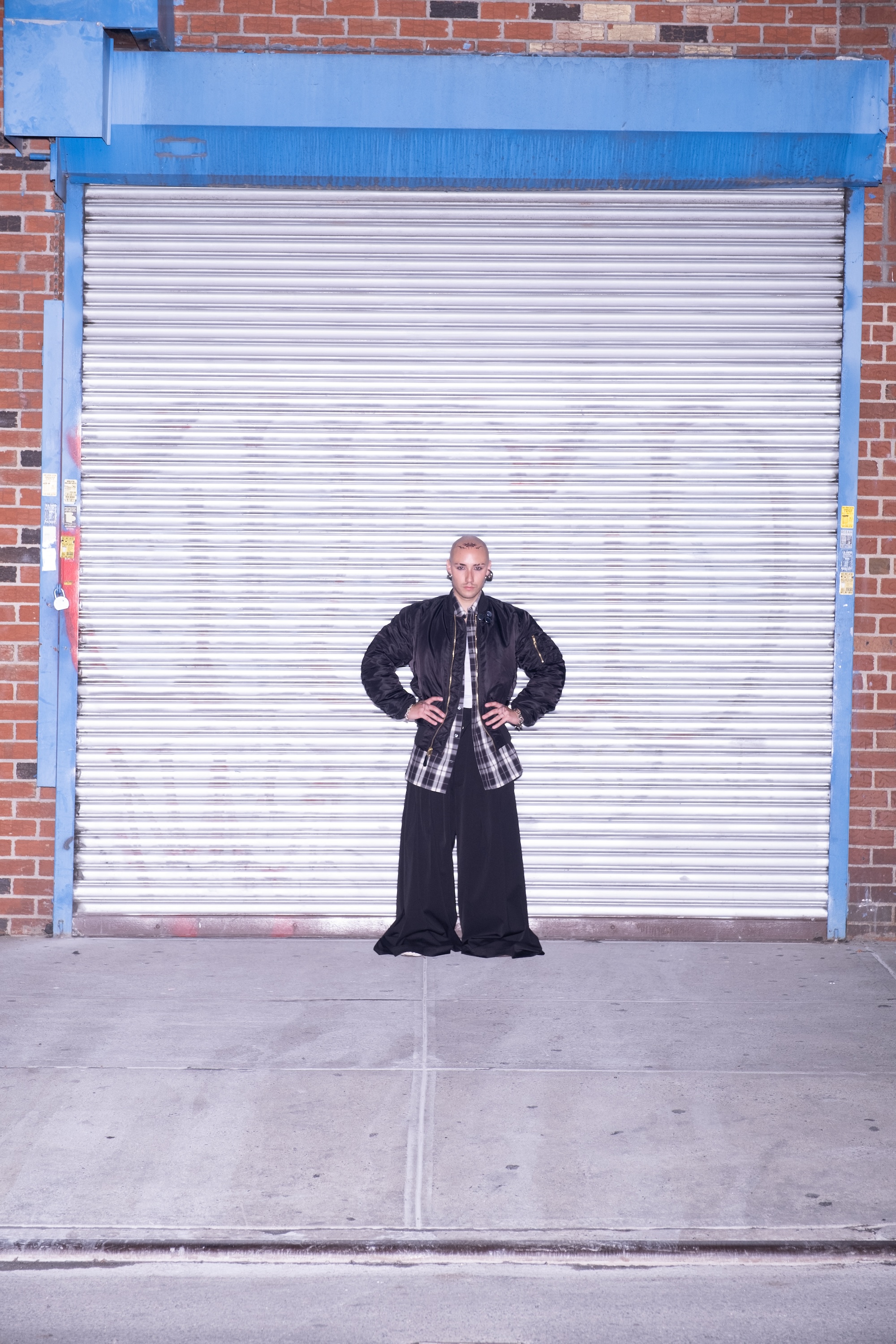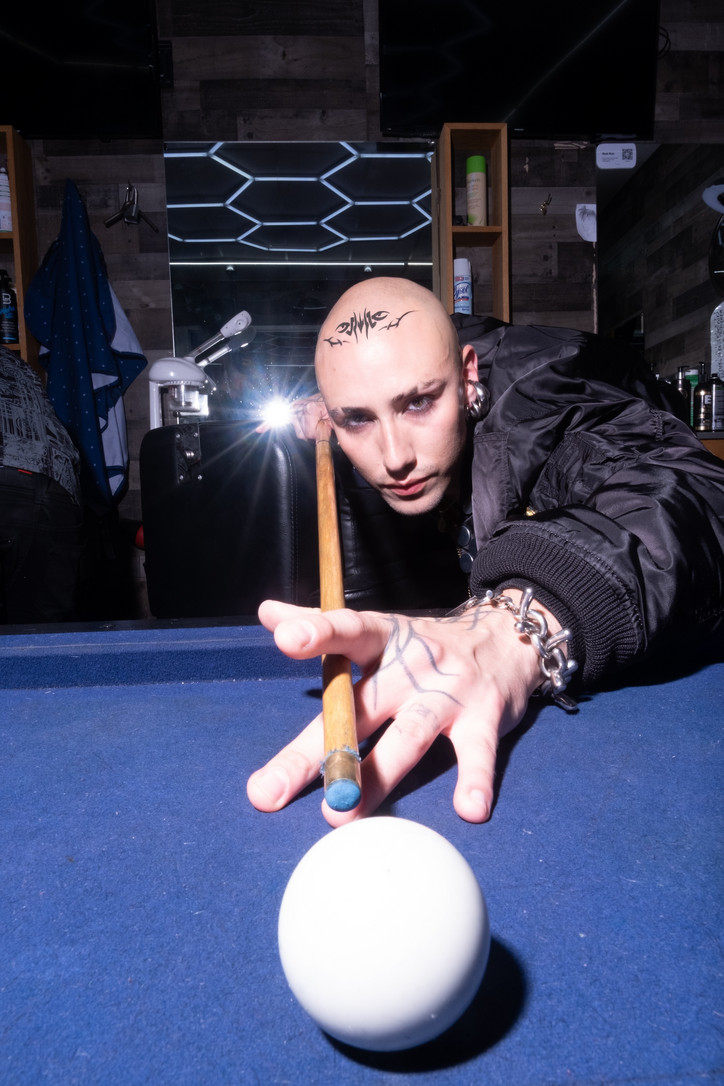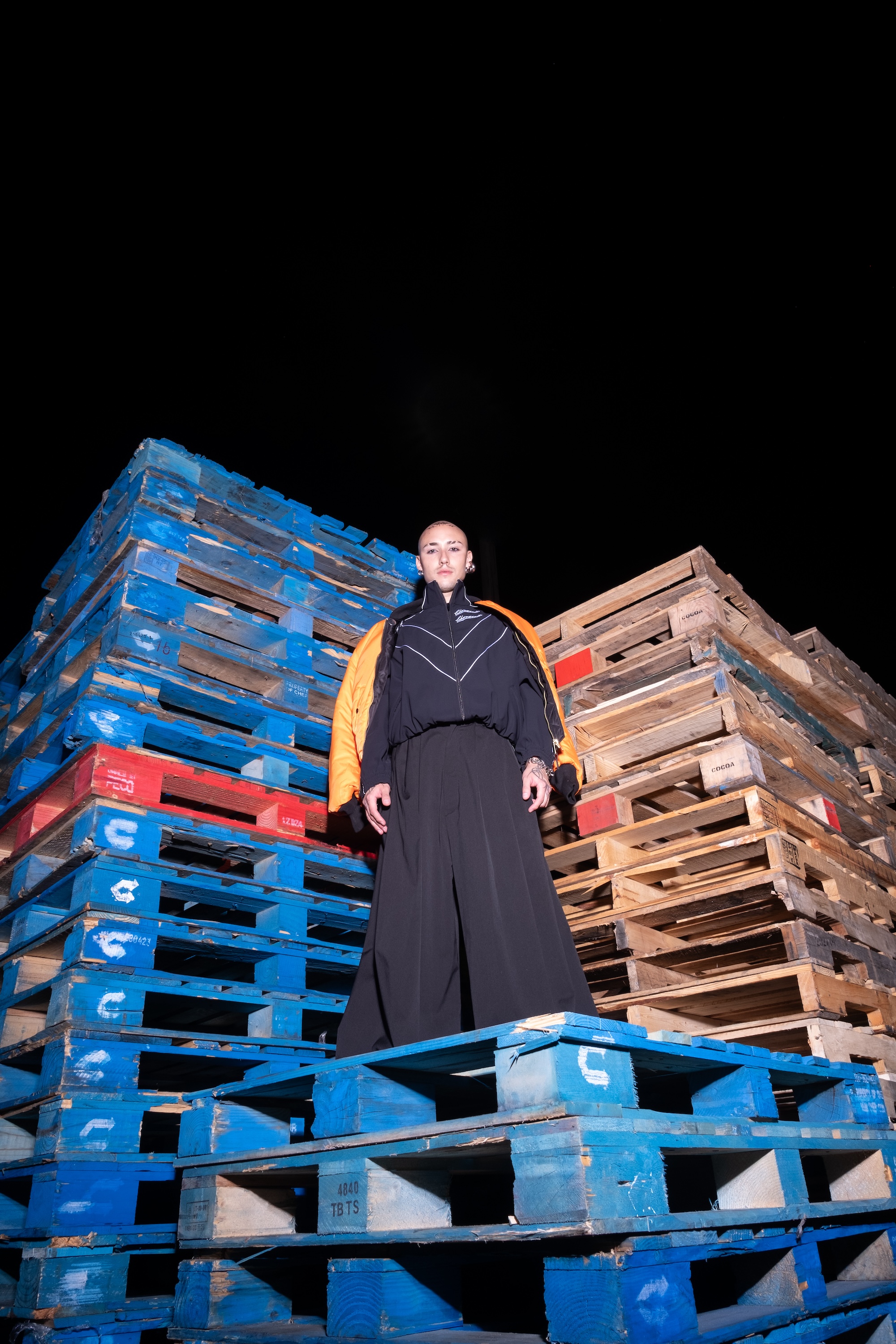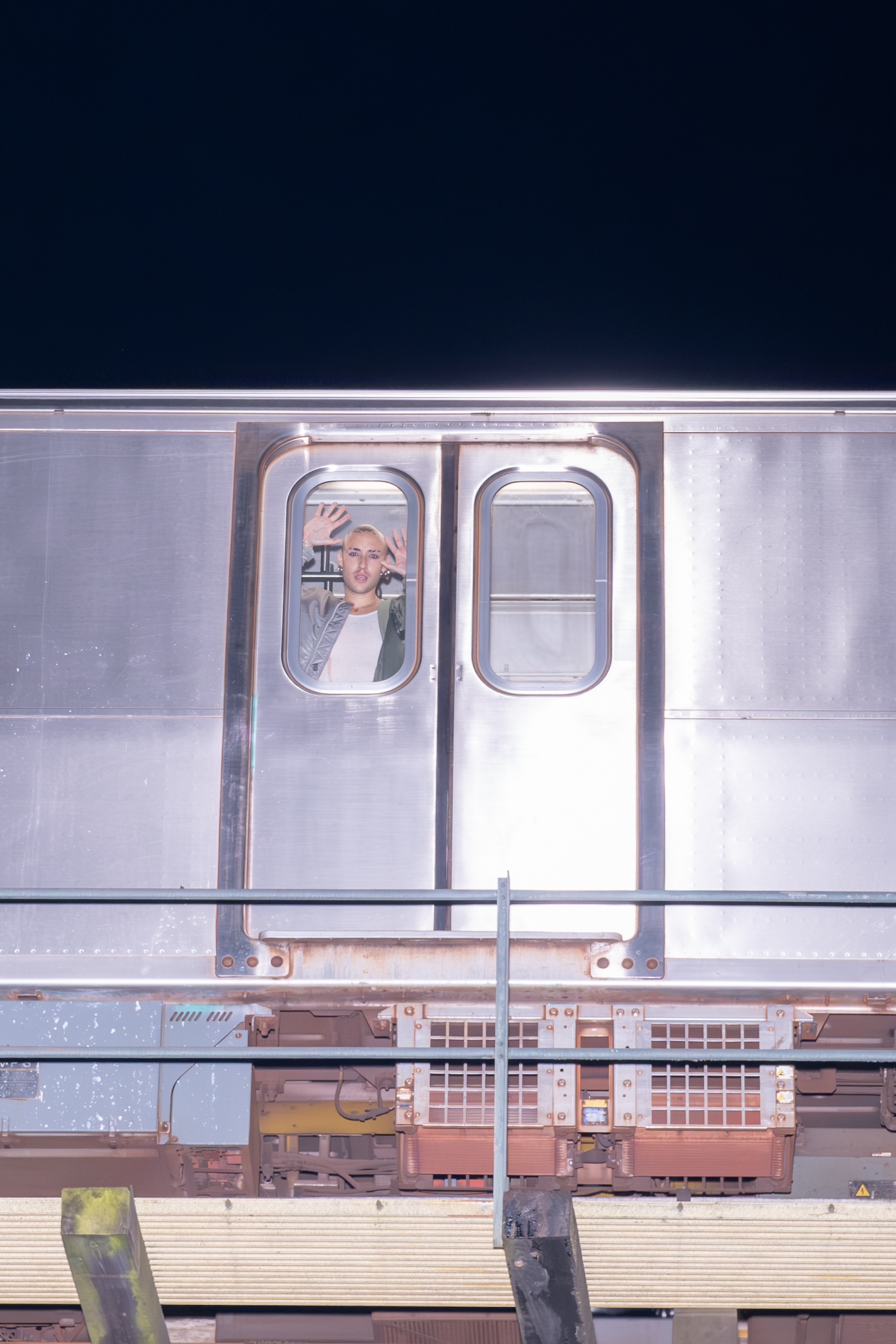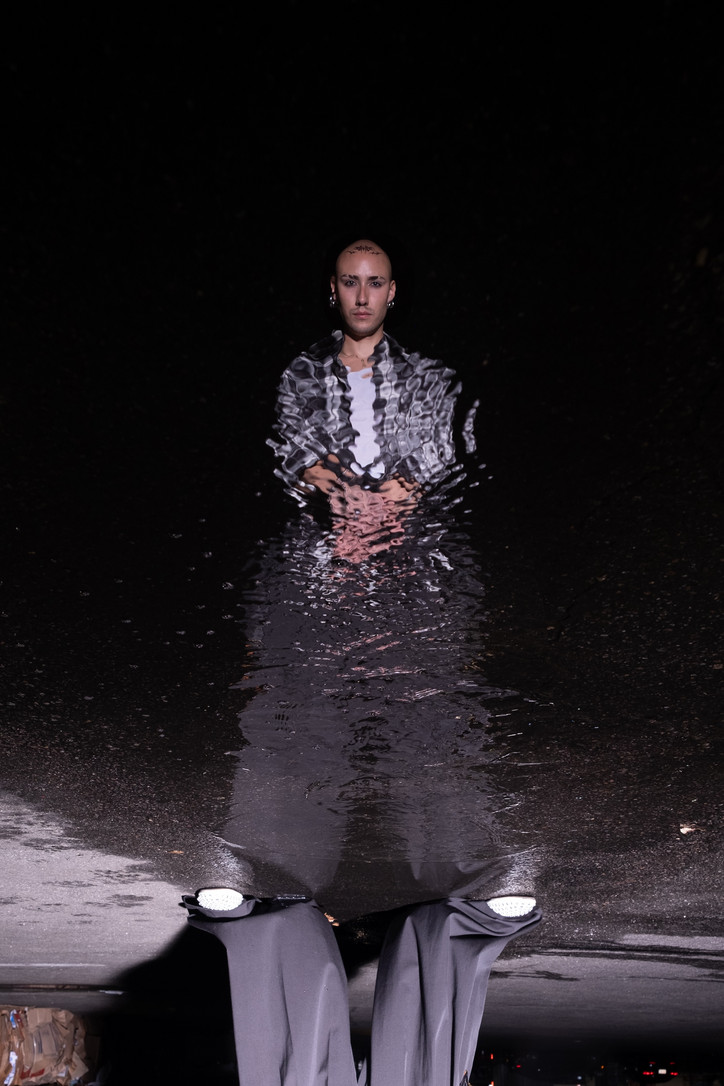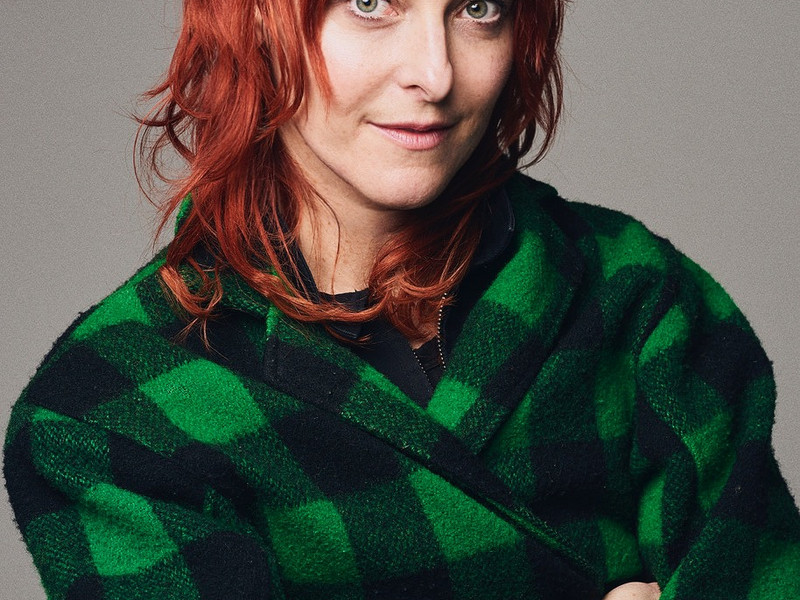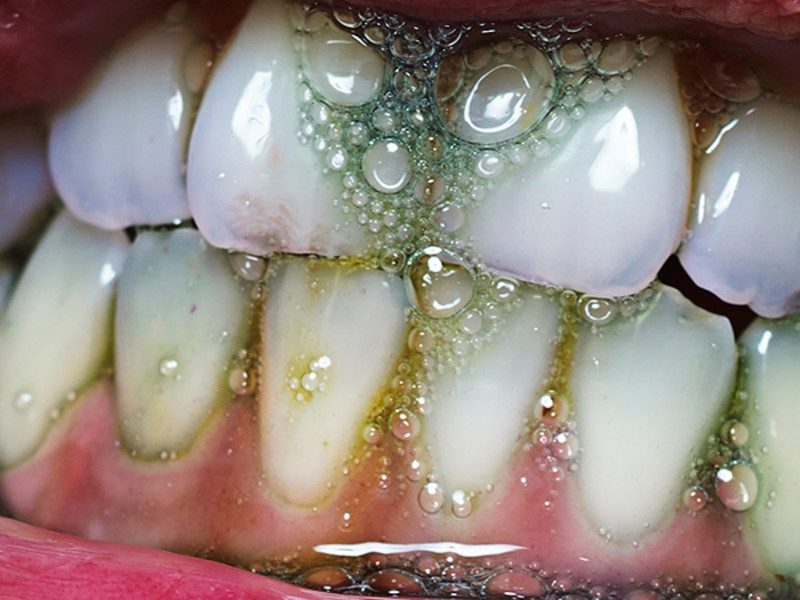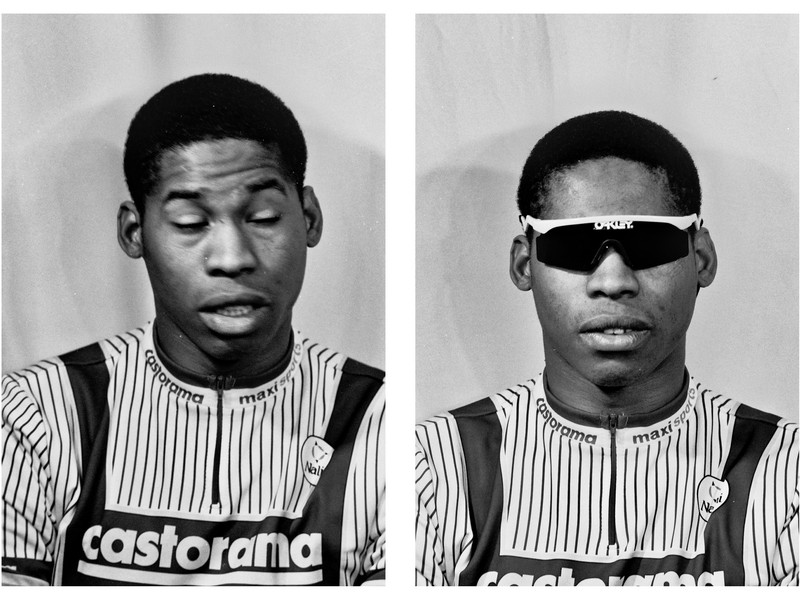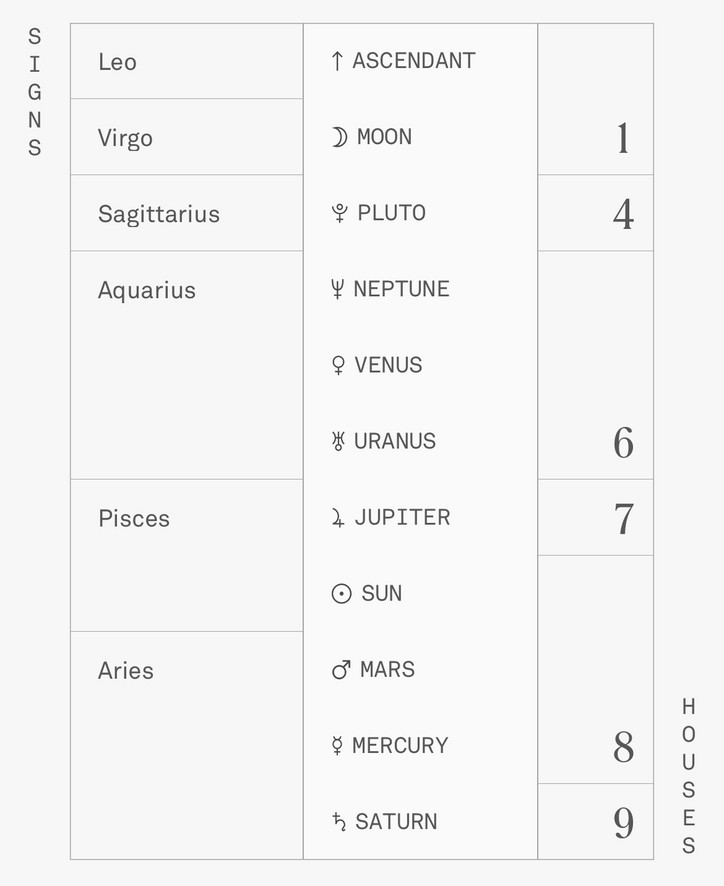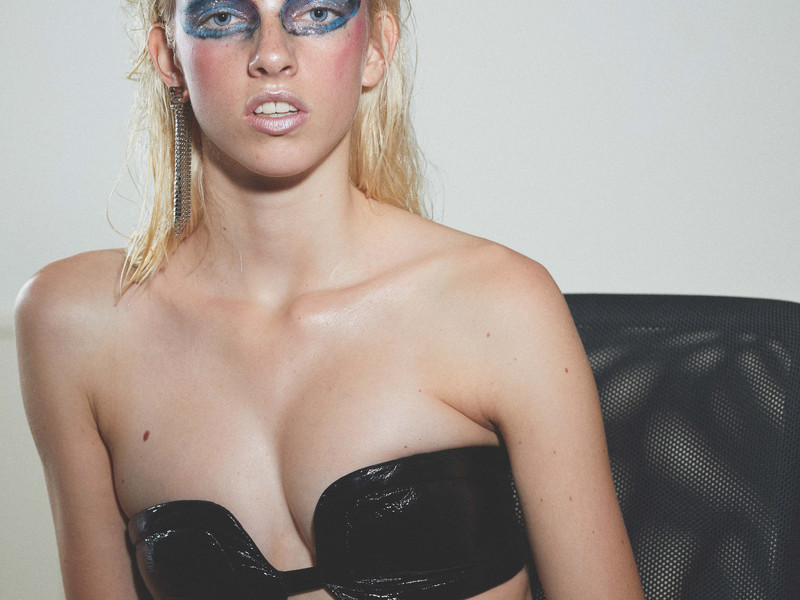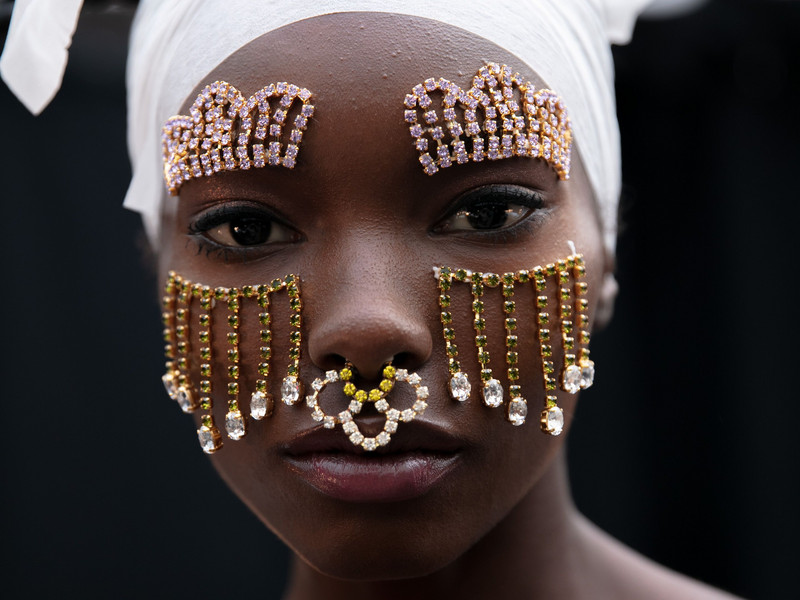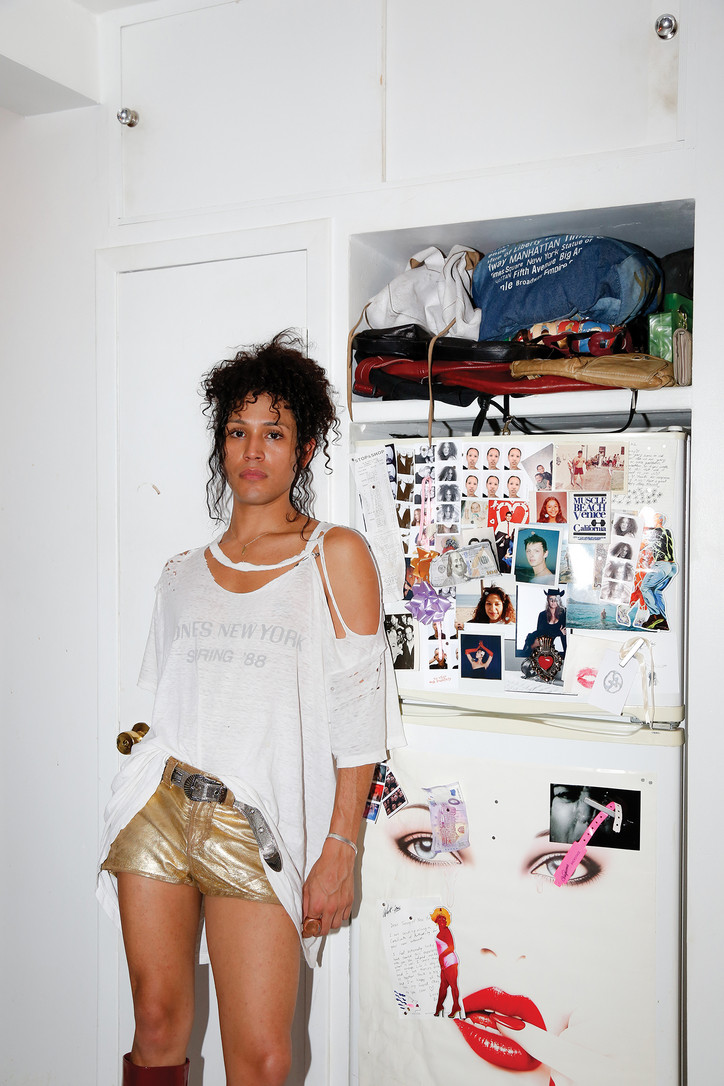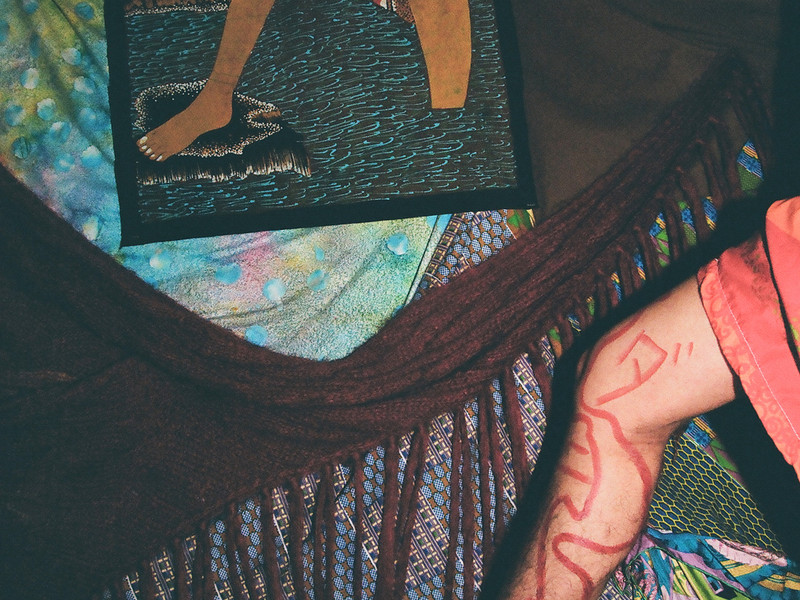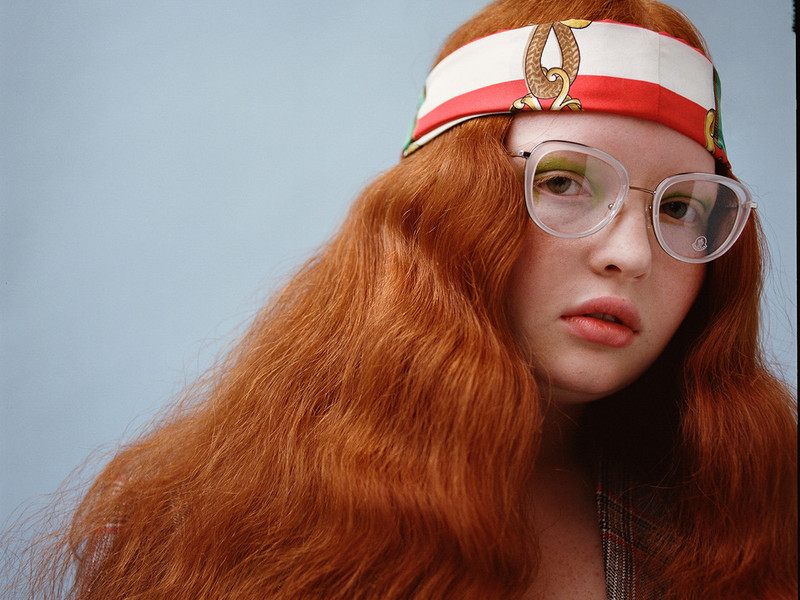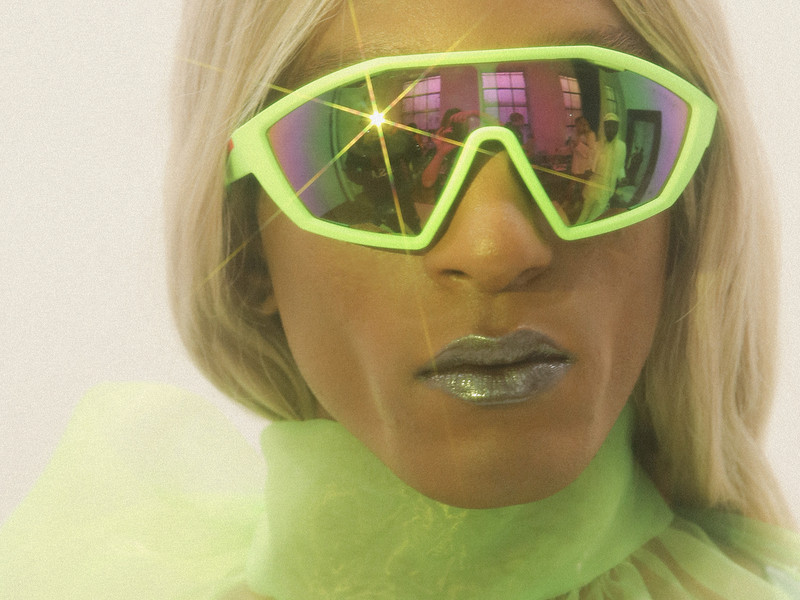Wait I love that by the way.
Yeah, lymphatic drainage is the best; you can actually feel the fluid leaving your face, the muscles tightening — everything feels lifted.
So, your north node is in your second house, which is related to our possessions, like the money we earn. You want to gain a sense of security in this life through your earnings and possessions. It will give you a sense of self-worth. While the eighth house is very deep and intimate, and other people’s money, the second is strictly material possessions. Okay now let’s put you under the red light.
What can you tell me about my romantic life?
So Jupiter — Pisces is naturally ruled by Jupiter — is in your eighth house, which means that you’ll benefit from exploring your shadow self. You’ll know yourself better, you’ll come to terms with it and know how to harness it. Jupiter brings good fortune, it's the planet of abundance. It being in the house of other people’s money, you might marry someone with an inheritance or [REDACTED].
Okay, I’m going to do extractions now — I’ll get this little one by your lip over here. So are you seeing anyone now?
No. I like someone. We talk often. It seems mutual but he lives in [REDACTED].
Oh that’s far. How old are you?
26.
Your transits right now are actually very favorable for a relationship at this moment because you have Venus and Mars transiting in your seventh house, which is the ultimate partnership house. It's like marriage partner. It's also good for business too, because it's your business partner, one-to-one relationships, contractual relationships. So it's literally either the person you're going to marry or the person you're opening a business with. So this could be a favorable time for you at work with someone that you work with, but it's also very favorable for creating a new relationship.
I feel like that could make sense.
There's potential for it right now simply because of what's going on in the sky. This is a favorable time for a new union. It doesn't ever mean that it's going to for sure happen, but it's more likely. Yeah. Okay. You have Jupiter in your 10th. This is going to be until 2025. This is great for your career, essentially abundance in your career, your status, how higher-ups see you. All of that stuff is looking really good for a little while. So this is a good time for you to make moves in your work and be seen in a very positive light, if that makes sense. Yeah. Feel renewed in optimism about your professional life. Very good for working with the public, stepping into the spotlight.
Good to know. I'll have to keep an eye out!
You’re also coming up on your Saturn return soon. Your Mercury, Mars and Saturn are in your ninth house, which represents expansion, foreign travel, higher education, different cultures, your morals and belief systems. When you get your Saturn return, it’ll be in this house. With these placements, you’re likely a great communicator. You may enjoy the process of learning and even teaching.
That all resonates. I want to move out of New York at some point and could definitely see myself being a teacher.
